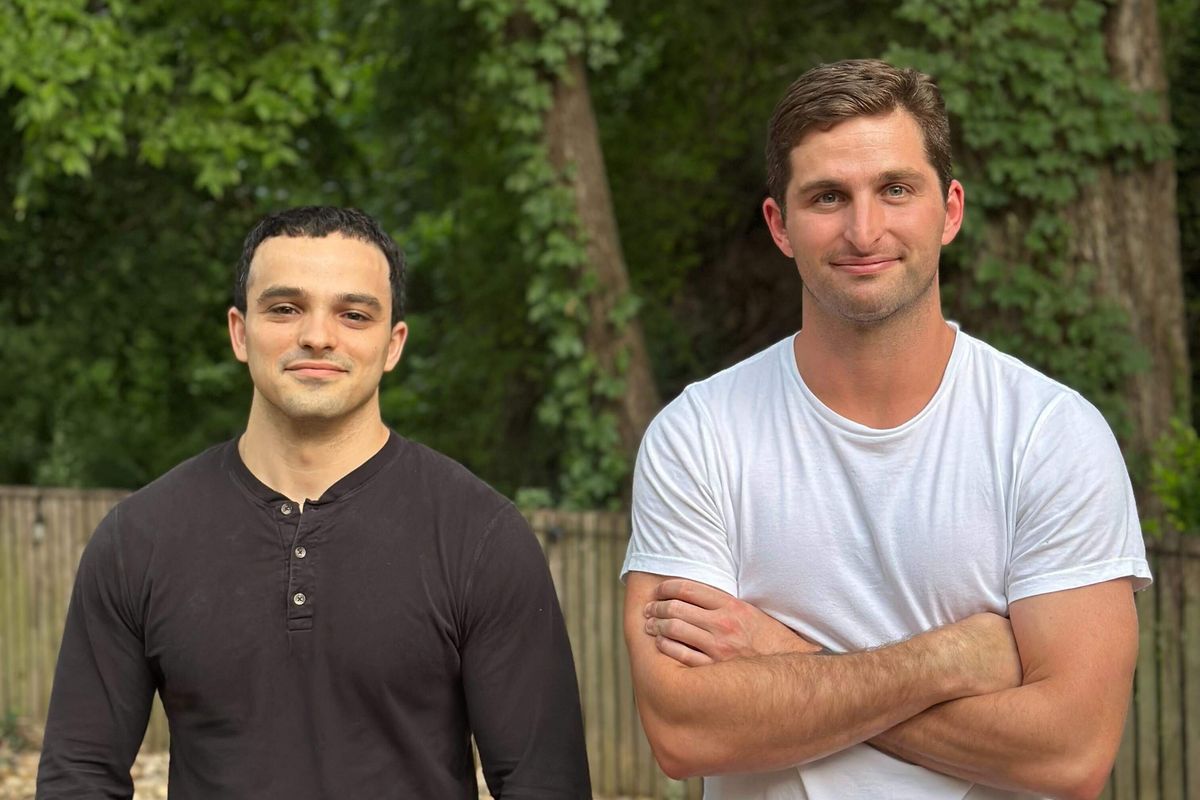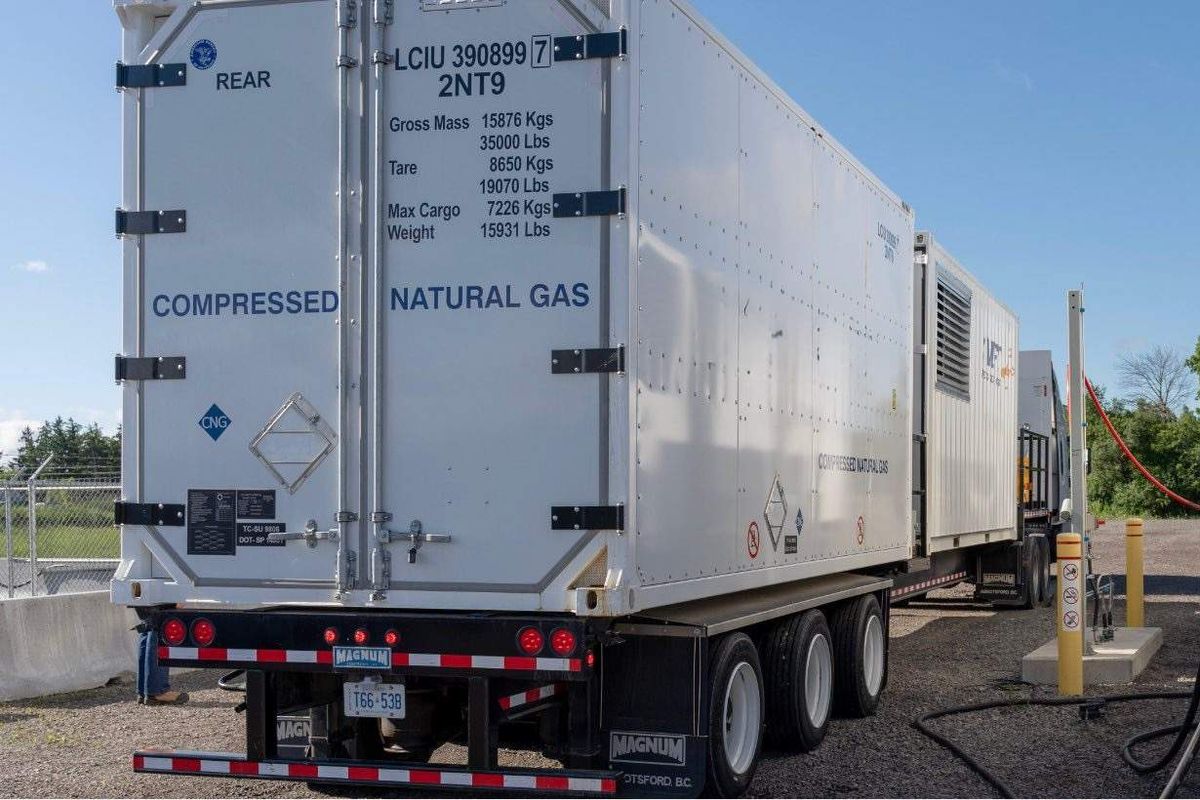Houston-based geothermal energy startup Sage Geosystems has closed its Series B fundraising round and plans to use the money to launch its first commercial next-generation geothermal power generation facility.
Ormat Technologies and Carbon Direct Capital co-led the $97 million round, according to a press release from Sage. Existing investors Exa, Nabors, alfa8, Arch Meredith, Abilene Partners, Cubit Capital and Ignis H2 Energy also participated, as well as new investors SiteGround Capital and The UC Berkeley Foundation’s Climate Solutions Fund.
The new geothermal power generation facility will be located at one of Ormat Technologies' existing power plants. The Nevada-based company has geothermal power projects in the U.S. and numerous other countries around the world. The facility will use Sage’s proprietary pressure geothermal technology, which extracts geothermal heat energy from hot dry rock, an abundant geothermal resource.
“Pressure geothermal is designed to be commercial, scalable and deployable almost anywhere,” Cindy Taff, CEO of Sage Geosystems, said in the news release. “This Series B allows us to prove that at commercial scale, reflecting strong conviction from partners who understand both the urgency of energy demand and the criticality of firm power.”
Sage reports that partnering with the Ormat facility will allow it to market and scale up its pressure geothermal technology at a faster rate.
“This investment builds on the strong foundation we’ve established through our commercial agreement and reinforces Ormat’s commitment to accelerating geothermal development,” Doron Blachar, CEO of Ormat Technologies, added in the release. “Sage’s technical expertise and innovative approach are well aligned with Ormat’s strategy to move faster from concept to commercialization. We’re pleased to take this natural next step in a partnership we believe strongly in.”
In 2024, Sage agreed to deliver up to 150 megawatts of new geothermal baseload power to Meta, the parent company of Facebook. At the time, the companies reported that the project's first phase would aim to be operating in 2027.
The company also raised a $17 million Series A, led by Chesapeake Energy Corp., in 2024.



















 7 Houston energy-focused businesses among Time's best midsize companies 2025
7 Houston energy-focused businesses among Time's best midsize companies 2025